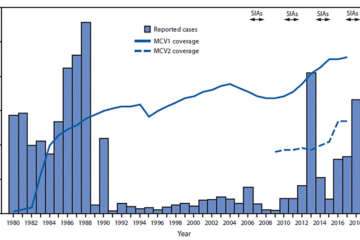‘Increasing girls’ access to education top priority of govt’ – The News International

PAK 5 NEWS
Islamabad : Parliamentary secretary for federal education and professional training Wajiha Akram on Thursday said the government was aware of the issues of the country’s education system and was striving to address them despite having very limited resources.
“We are currently in the process of upgrading the list of beneficiaries under the Ehsaas Education Stipend programme to ensure that children from families that fell below the poverty line after COVID-19 pandemic also immediately benefit from this nationwide initiative. Enhancing the girls’ access to education remains at the heart of our current strategy and we will actively engage with civil society to ensure a process of two-way learning that can make education possible for the most marginalised children in Pakistan,” she said during a parliamentary round-table discussion here.
The event was organised by civil society organisations, including the CPDI, Pakistan Youth Change Advocates, and Pakistan Coalition for Education, in collaboration with Pakistan Institute for Parliamentary Services and attended by members of the Senate and National Assembly standing committees.
Member of the National Assembly Standing Committee for Education and Parliamentary Secretary for National Heritage & Culture Ghazala Saifi promised greater collaboration between the government and civil society organisations.
“My standing committee will look forward to conducting meetings in the presence of civil society stakeholders so that there is a sustainable platform for the exchange of information, ideas, and expertise.” Senator Falak Naz Chitrali referred to the issue of child marriages in Chitral and regretted that the suicide rate among Chitrali young women had increased over the last few years with the leading cause being the child or forced marriages.
Speaking about the flaws in the education system, MNA Nafeesa Inayatullah Khan Khattak pointed out that “If we look back in the history, the majority of the national heroes like Dr. Abdul Qadeer Khan studied in very backward village schools. He was able to do so not just because of his passion but the provision of excellent teachers who believed in educating with passion rather than with corporal punishment.”
She said incompetent teachers were contributing to high dropout numbers. “To ensure retention of students in schools, we need to bring in good teachers,” she said.
CPDI Executive Director Mukhtar Ahmad Ali said it seems that even though the law of free and compulsory education (Article 25-A) was passed over a decade ago, the government departments are under the assumption that this law cannot be implemented and so, no coherent effort in this regard is necessary.
PCE National Coordinator Zehra Arshad said Pakistan had the second largest number of out-of-school children in the world.
“It is not surprising that Pakistan stands last on the Human Development Index among South Asian countries. It is feared that one million more children might have dropped out of schools,” she said. She called for the early implementation of Article 25-A of the Constitution and its aligning with the SDGs to ensure at least 12 years of free and quality education for all.










